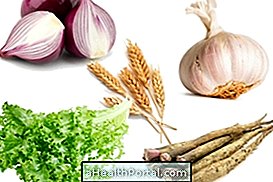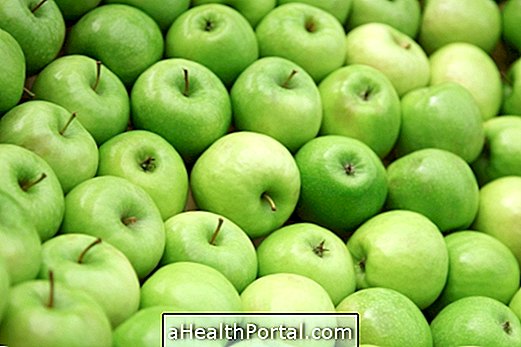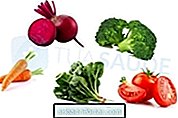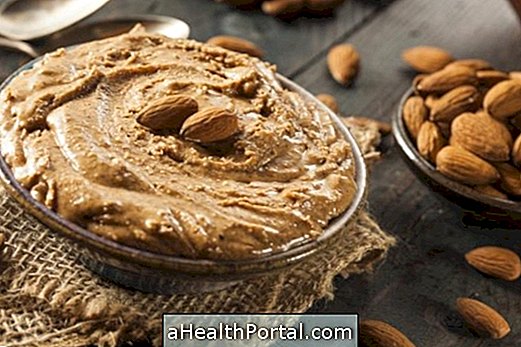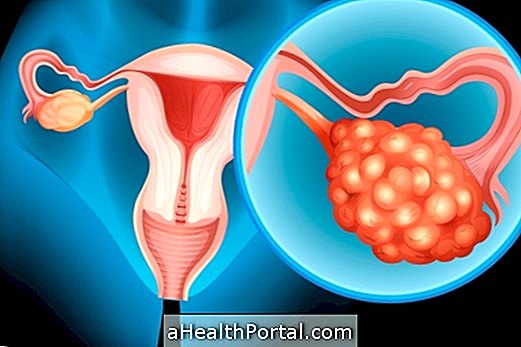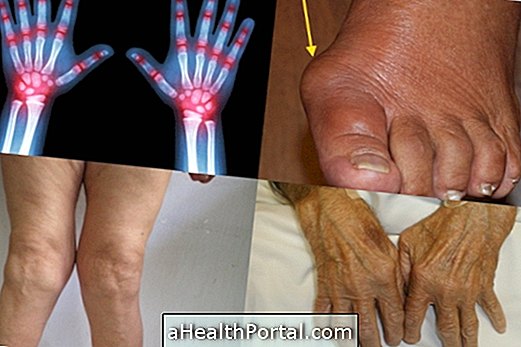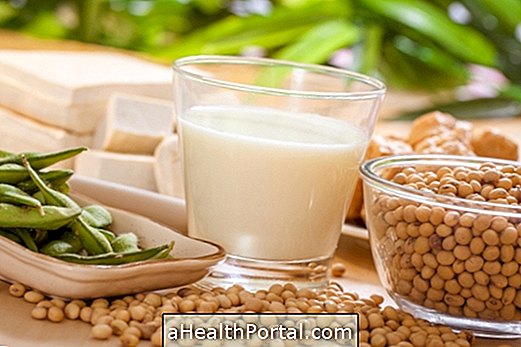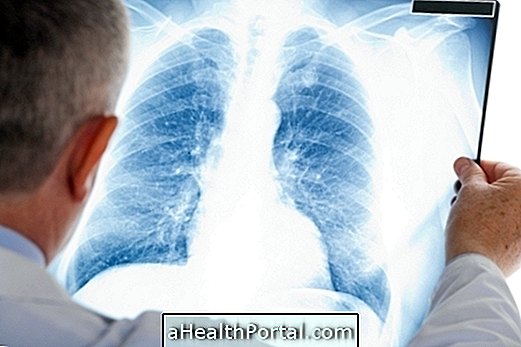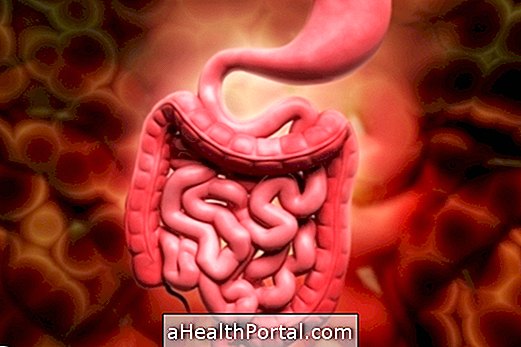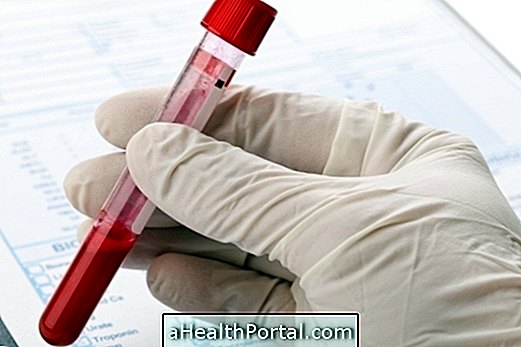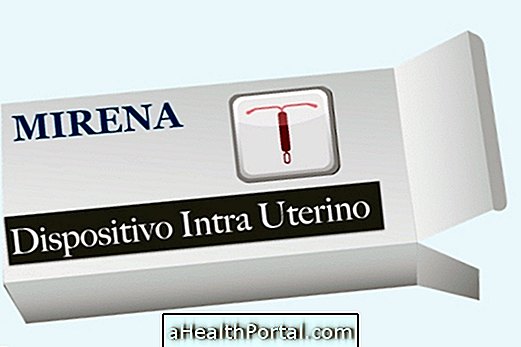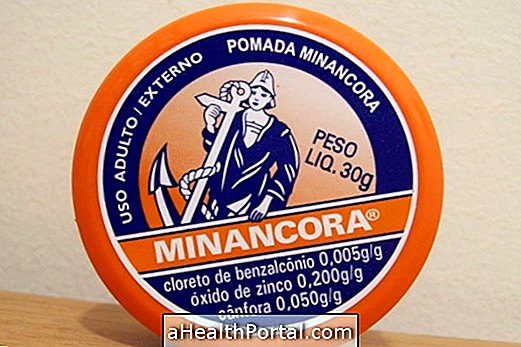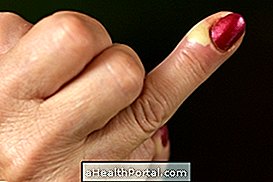Ginger helps reduce high blood pressure by having the property of blood thinning and by being anti-inflammatory, which helps relax blood vessels and facilitate blood circulation.
Therefore, Ginger is actually very good for pressure and does not increase; on the contrary, by improving circulation, ginger also helps prevent thrombosis, stroke and even heart problems such as heart attack. To achieve these benefits, you should consume about 2 g of grated ginger or tea, remembering that fresh ginger has more benefits than ginger powder or capsules.
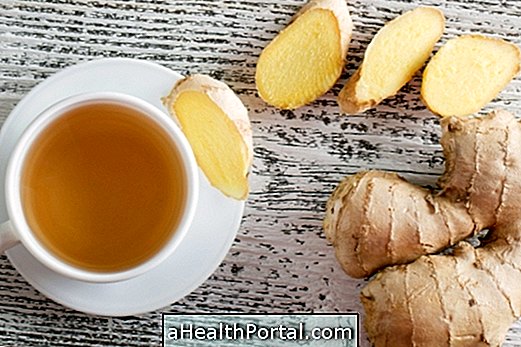
Benefits of Ginger
Ginger is a root that brings the following benefits to the body:
- Reduce inflammation;
- Facilitate breathing and relieve symptoms of coughing and shortness of breath;
- Prevent nausea and vomiting;
- Combat heartburn and intestinal gas;
- Relieve pain caused by arthritis.
Ginger can be used in the form of tea, added in water to drink throughout the day or in the form of shavings in the salad or in the meat.
Contraindications
Ginger is contraindicated for people who use blood pressure-lowering or blood-thinning medicines, such as Aspirin, as they may increase the effect of the medication and cause discomfort, bleeding, and fainting. In addition, in cases of stone in the gallbladder this root can only be consumed according to medical advice.
Home Remedies to Lower the Pressure
Other home remedies that help lower the pressure are mango juice, garlic water, lemonade with coconut water, orange juice with beetroot and orange juice with eggplant.
In addition to using home remedies, lowering the pressure should also avoid consumption of salt and industrialized products rich in sodium, such as soy sauce, English sauce, powdered soups and cubes of meat and vegetable stock.
